Introduction
Akitas are loyal and majestic dogs
- Understanding their health concerns is essential
- This guide covers the top ten health issues in Akitas and offers prevention and care tips
1. Hip Dysplasia

Hip dysplasia is a genetic issue in large breeds. It causes joint problems.
2. Hypothyroidism

Hypothyroidism is when the thyroid gland is underactive.
Prevention:
- Monitor weight gain and lethargy as early signs
- Feed a balanced diet to support thyroid health
- Avoid exposure to environmental toxins that may affect thyroid function
- Consider regular blood tests for early detection
Care:
- Provide a consistent feeding schedule to support metabolism
- Monitor your dog's coat and skin condition regularly
- Adjust medication dosage as needed with your vet's guidance
- Ensure regular exercise to help maintain a healthy weight
3. Progressive Retinal Atrophy (PRA)
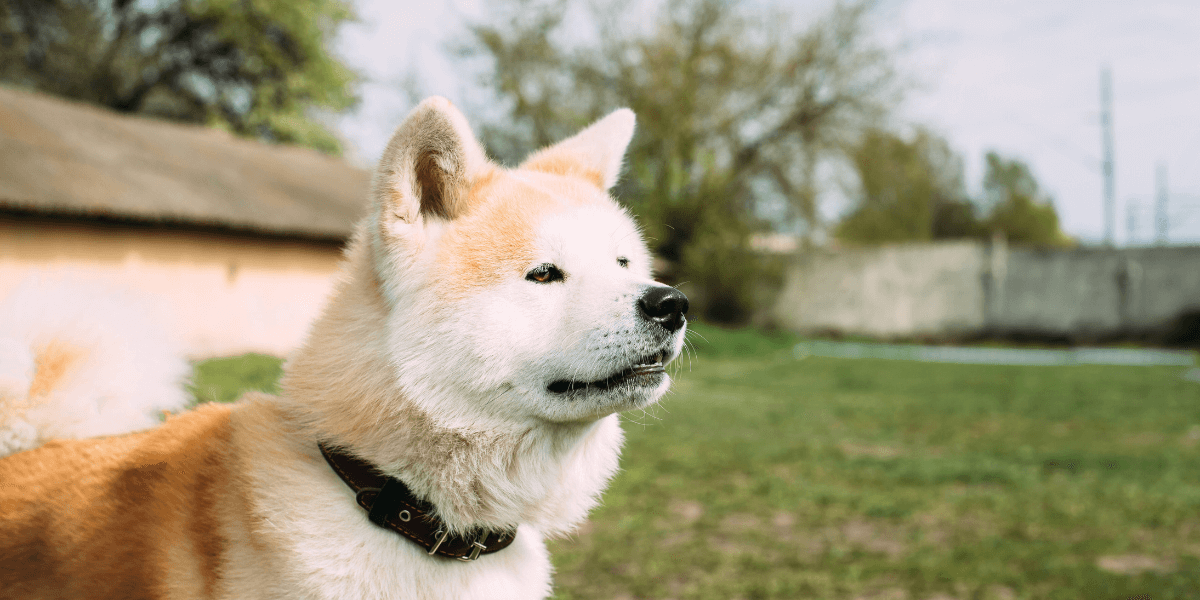
PRA is a genetic condition leading to vision loss in dogs.
-
Prevention:
- Genetic testing before breeding can reduce the risk of PRA
- Watch for signs of night blindness as an early symptom
- Provide antioxidant-rich foods to support eye health
- Avoid bright lights that can strain sensitive eyes
-
Care:
- Use nightlights to help your dog navigate in the dark
- Maintain a stable home environment to reduce stress
- Consider supplements recommended by your vet to support eye health
- Use toys that make noise to help with play and navigation
4. Bloat (Gastric Torsion)

Bloat in Akitas is a life-threatening condition where the stomach twists.
Prevention:
- Avoid feeding from elevated bowls, which can increase the risk
- Limit water intake immediately before and after meals
- Choose low-fat dog food to reduce the risk of bloat
- Avoid stressful situations during and after meals
Care:
- Know the early signs, such as restlessness and drooling
- Keep emergency vet contact information readily available
- Do not attempt to treat bloat at home; seek immediate help
- After treatment, follow your vet’s dietary and care recommendations closely
While exploring Akita care, check out our guide on Top 10 Health Concerns for Saint Bernards: Prevention and Care.
5. Autoimmune Disorders

Autoimmune disorders occur when the immune system attacks the body.
-
Prevention:
- Maintain a balanced diet to support overall immune health
- Avoid exposure to environmental toxins that can trigger immune responses
- Monitor for unusual fatigue or skin changes as early signs
- Keep up with routine vaccinations as recommended by your vet
-
Care:
- Provide a stress-free environment to minimize flare-ups
- Regularly monitor for new symptoms or changes in behavior
- Work with your vet to adjust treatments as needed
- Incorporate supplements that support immune health under vet guidance
6. Sebaceous Adenitis
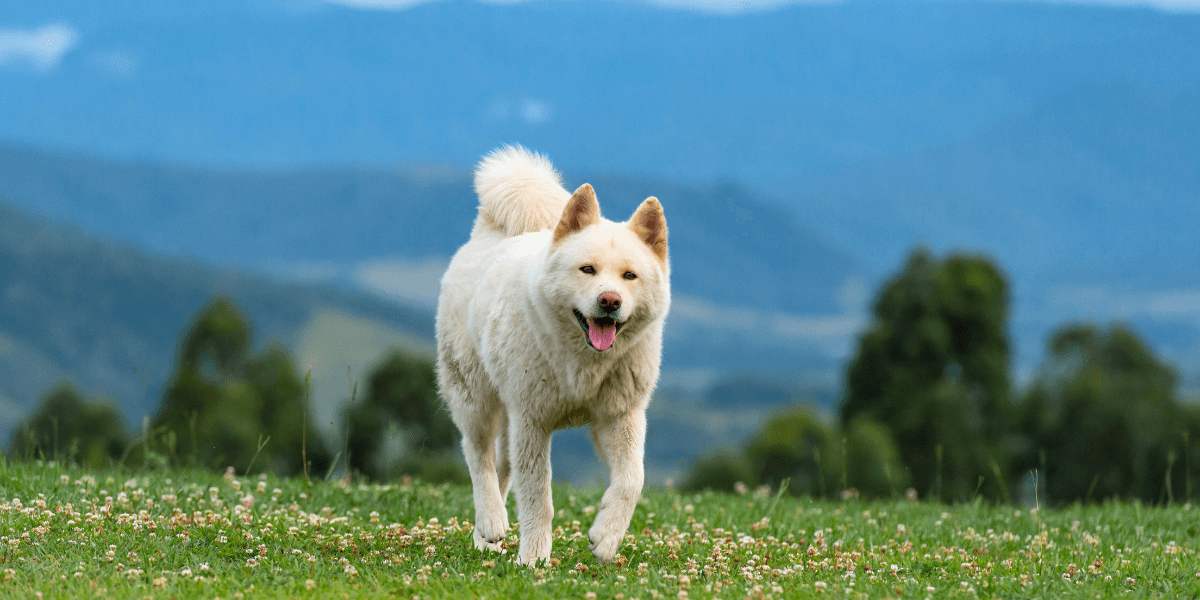
Prevention:
- Use moisturizing shampoos to keep the skin hydrated
- Regularly check for dry or flaky skin during grooming
- Maintain a balanced diet rich in Omega-3 fatty acids
- Avoid harsh chemicals in grooming products
Care:
- Apply medicated ointments as prescribed by your vet
- Consider adding fish oil supplements to your dog’s diet
- Use hypoallergenic bedding to reduce skin irritation
- Schedule regular vet visits to monitor the condition's progression
7. Von Willebrand's Disease
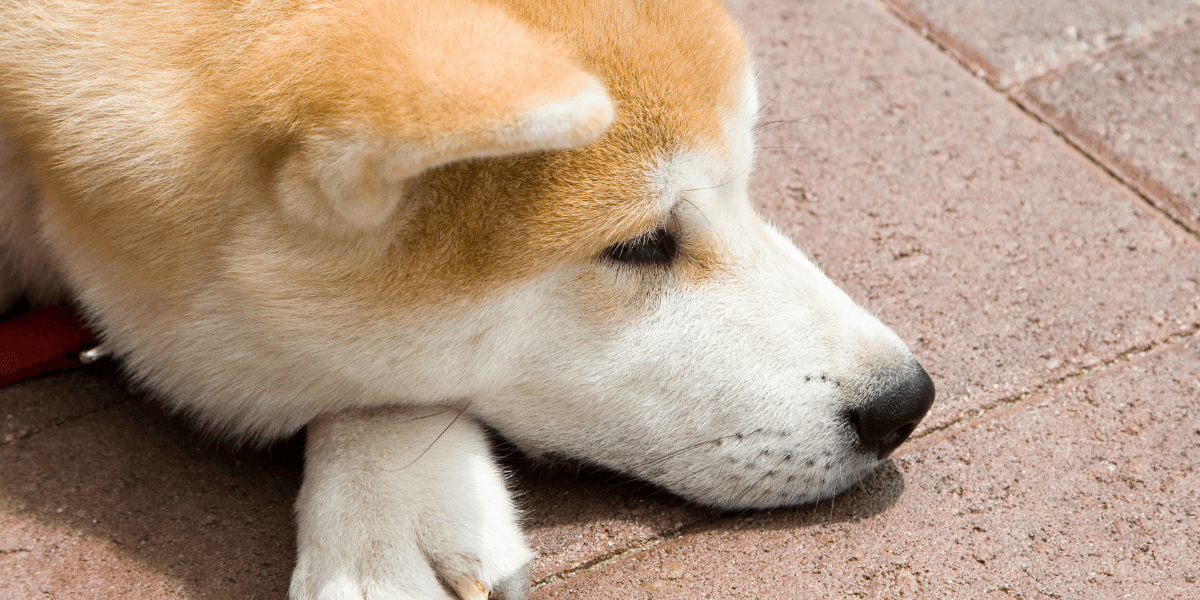
Von Willebrand's disease is a blood clotting disorder.
Prevention:
- Avoid rough play that might cause injuries
- Regular blood tests can help monitor clotting ability
- Keep your dog’s nails trimmed to prevent bleeding
- Use soft, non-abrasive toys to minimize injury risk
Care:
- Monitor for signs of excessive bleeding or bruising
- Ensure dental care is gentle to prevent gum bleeding
- Administer clotting agents as prescribed by your vet
- Keep a first-aid kit with clotting supplies on hand
Learn more in our Golden Retriever Health Guide for related insights.
8. Allergies

Allergies can be environmental or food-related.
Prevention:
- Regularly clean your dog’s bedding to reduce allergens
- Use air purifiers to minimize airborne allergens
- Introduce new foods slowly to identify potential food allergies
- Bathe your Akita with hypoallergenic shampoos
Care:
- Keep a consistent diet to avoid flare-ups
- Wipe your dog’s paws after walks to remove outdoor allergens
- Apply topical treatments to soothe irritated skin
- Monitor for seasonal allergy symptoms and adjust care accordingly
9. Heart Disease
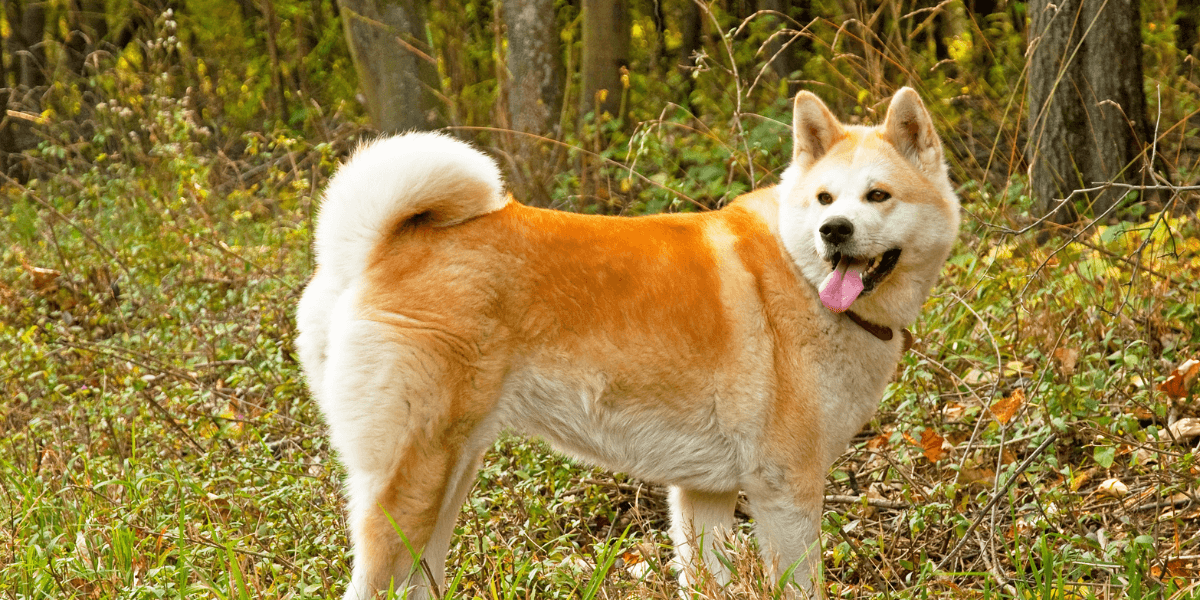
Heart disease affects the heart's ability to function properly.
Prevention:
- Maintain an ideal weight to reduce heart strain
- Provide regular, moderate exercise to keep the heart strong
- Feed a diet low in sodium to support heart health
- Monitor for signs like coughing or fatigue as early indicators
Care:
- Schedule frequent check-ups to monitor heart function
- Limit strenuous activities to prevent overexertion
- Provide a calm environment to reduce stress on the heart
- Ensure medications are given consistently as prescribed by your vet
10. Cancer
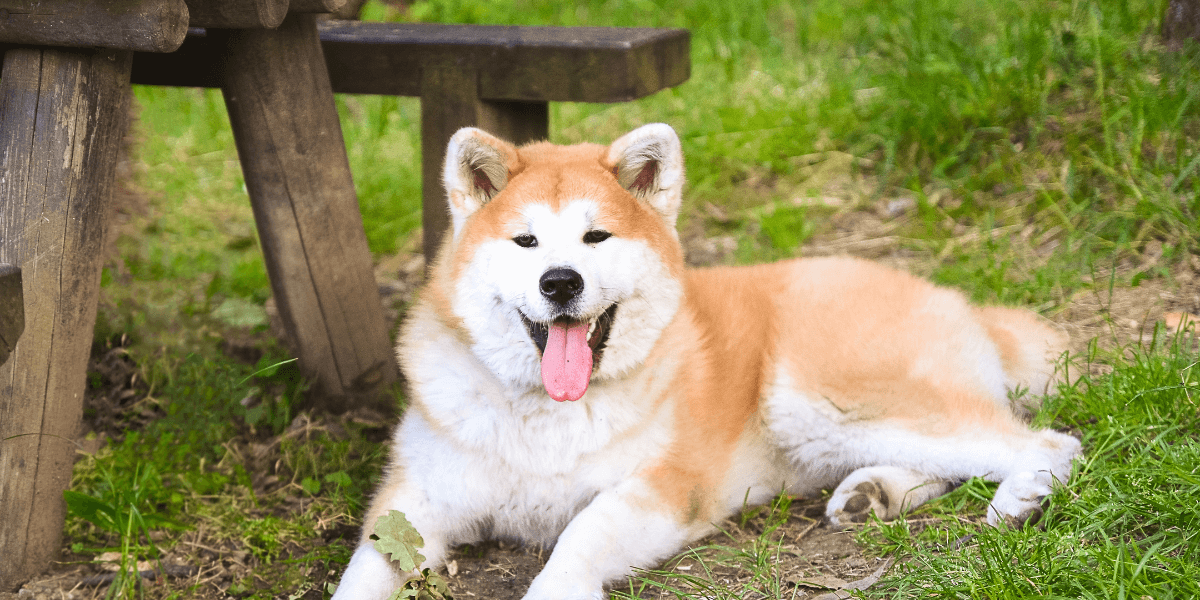
Cancer can affect various organs and tissues.
Prevention:
- Conduct regular at-home checks for lumps or unusual growths
- Provide a diet rich in antioxidants to support overall health
- Minimize exposure to known carcinogens like pesticides
- Keep up with vaccinations that may reduce cancer risk
Care:
- Consider palliative care to manage pain and improve quality of life
- Explore alternative therapies, like acupuncture, for symptom relief
- Ensure regular follow-ups to monitor treatment progress
- Maintain a balanced diet to support your dog’s strength during treatment
FAQs
1. How often should I take my Akita to the vet?
- Regular vet visits, at least once a year, are essential
2. What diet is best for Akitas?
- A balanced diet with high-quality protein is ideal for Akitas
3. Are Akitas prone to obesity?
- Yes, monitor their diet and exercise to prevent obesity
4. How can I ensure my Akita’s mental health?
- Provide regular exercise, mental stimulation, and socialization
Conclusion
- Caring for an Akita requires knowledge and vigilance
- By understanding these health concerns, you can provide better care and enjoy a long, healthy life with your Akita
- Stay informed and proactive about your Akita’s health
- Regular vet visits and proper care are key
- Share this guide with fellow Akita owners




